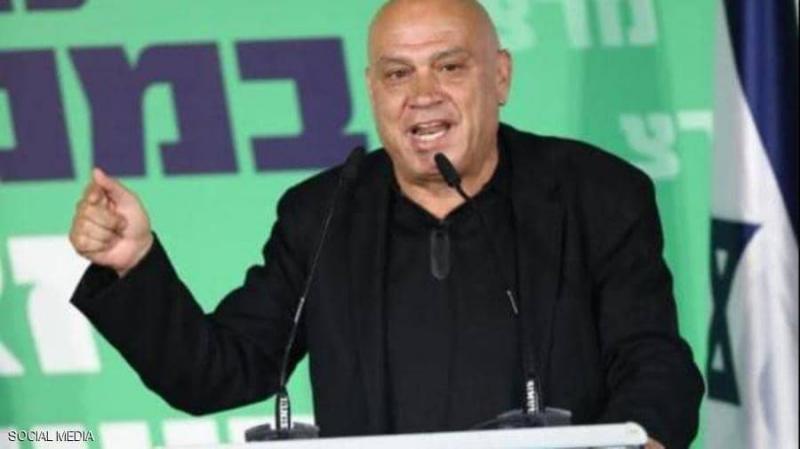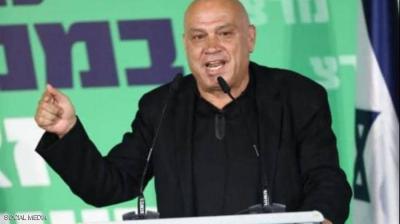On Sunday, the "change" government in Israel received a narrow majority vote of confidence from the Knesset (parliament), and its leader Naftali Bennett presented the names of the new ministers, totaling 28, including an Arab minister. The new Arab minister in Israel is Issawi Frej, a member of the left-wing "Meretz" party. Frej will serve as the Minister of Regional Cooperation, a position that is relatively new, having been established during Ehud Barak's tenure in 1999 before being closed by his successor Ariel Sharon in 2003. In 2009, former Prime Minister Benjamin Netanyahu revived this ministry.
According to the ministry's website, it aims to enhance Israel's relationships with its neighbors and is responsible for supporting cooperation with Egypt, Jordan, the Palestinian Authority, and Gulf countries. In a video posted on his official Facebook page late Sunday, Frej stated that he decided to participate in the new Israeli government "to make the desired change," emphasizing his commitment to combat racism against the Arab community in Israel and his efforts to formulate agreements with countries in the Middle East, particularly Arab nations.
As per the Knesset's website, Frej, who will be responsible for this ministry, was born in Kafr Qasim in 1963 and previously worked as an independent auditor after earning a bachelor's degree in economics and accounting from the Hebrew University of Jerusalem. Since 2020, he has been a member of the Board of Trustees of the Hebrew University. His political career began 25 years ago when he joined the left-wing "Meretz" party, which includes both Jews and Arabs, unlike many Zionist parties that primarily consist of Jews.
Issawi Frej entered the Knesset in the elections held in 2013 after winning that year, succeeding in some subsequent elections while losing in others, and winning in the most recent elections held last March. He is known for his advocacy for the Arabic language, having proposed a law to establish Arabic in school curricula and worked to require public bodies to invest at least 10 percent of their advertising budgets in campaigns in Arabic. He also initiated a law to ensure that programs broadcast by the broadcasting authority in Arabic reflect discourse within the Arab community, according to the Knesset's website.




